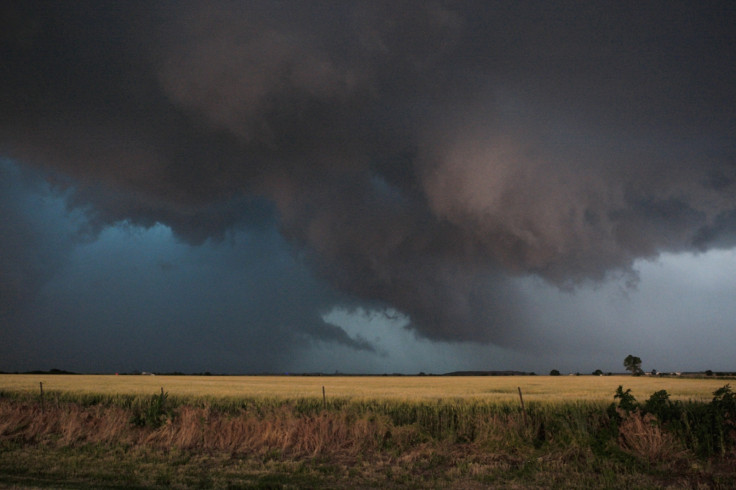Tornadoes may be accurately predicted using low-frequency sound: Study
'Infrasound' may be used to predict tornadoes in advance.
One of the reasons that natural calamities cause so much damage, is that it is difficult to predict them in advance. The most difficult to predict natural calamity has been tornadoes. This may change with the findings of a new study.
The research has found that low-frequency sounds, out of the range of human hearing, might hold the key to predicting tornadoes in advance.
Currently, Doppler radar signatures are used along with context clues and on-ground reports from eyewitnesses to generate information on tornadoes. According to the US National Weather Service, this procedure has a 50 percent false alarm rate. Instead, a more accurate way of predicting tornadoes may be certain kinds of sounds - classified as 'infrasound.'
The researchers started studying how infrasound works during the recent Oklahoma tornado. They detected the sound signatures using multiple microphones specially designed to detect infrasounds. These microphones were also capable of isolating low-frequency noise from wind sounds.
Brian Elbing, the lead researcher of the study told Gizmodo that the system has many advantages compared to a traditional one. Radars, for example, can get blocked if there are large structures such as mountains in the way. Many reasons are not covered by eyewitnesses such as storm chasers because of their terrain. An infrasound microphone can detect a tornado 20 kilometers away in under a minute.
While the study has confirmed these sounds occurring prior to and during a tornado, they haven't inferred what creates these sounds.
A large amount of funding is needed to produce an infrasound detection system and the scientists are hoping that some government or private organisation will fund their research. They believe it can lives and property from damage.
Tornadoes occur frequently in the US – around 1200 every year, causing $400 million in damage and kill around 70 people on average.

© Copyright IBTimes 2025. All rights reserved.





















